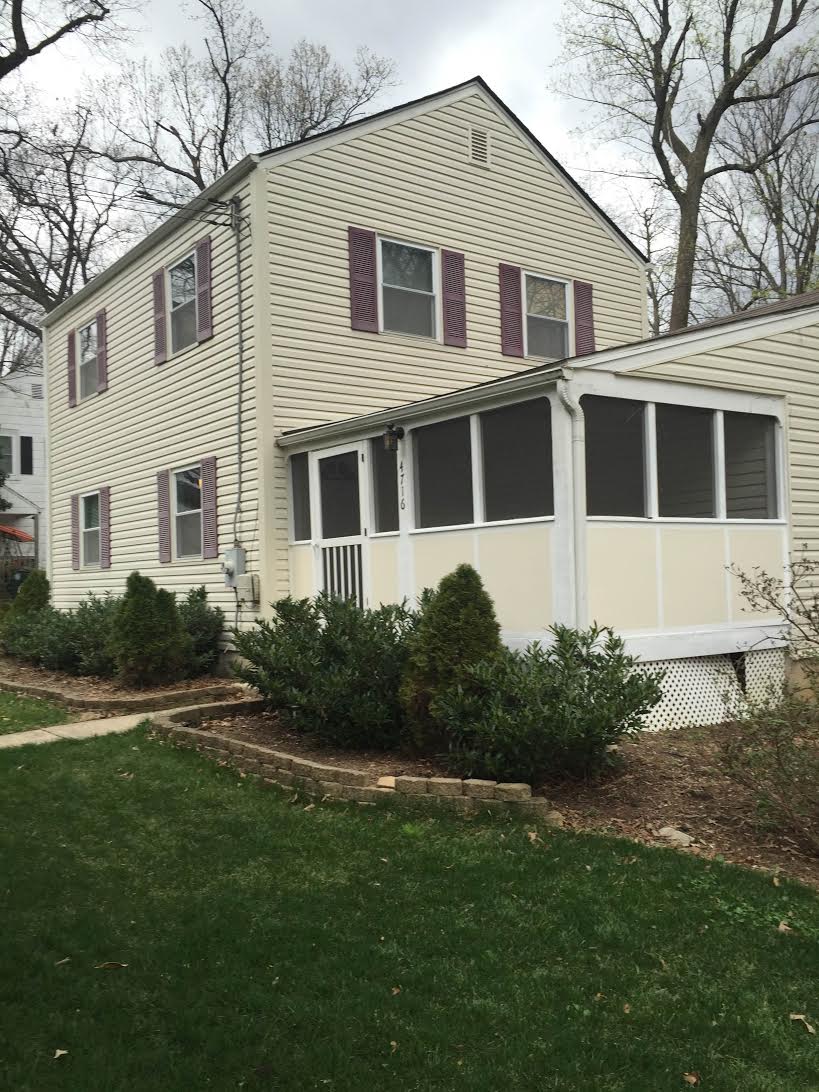One year after announcing its homeownership program to assist University of Maryland employees with purchasing nearby housing, the College Park City-University Partnership is expanding the program.
The university, the city and CPCUP are working collaboratively on the homeownership program, which began in July 2015. The program provides $15,000 in “forgivable loans” to a “full-time, benefits-eligible University of Maryland employee” or a “full-time employee of the city of College Park” looking to purchase housing in College Park, according to the partnership’s website.
And while it was previously only for university employees, the program has recently grown to include city employees, CPCUP Executive Director Eric Olson said.
The program is also an initiative of the University District Vision 2020, which focuses on making the city a top 20-college town. It has helped 10 university employees move into homes in the city between July 2015 and June 2016, according to the program’s annual report.
“The program creates more, stronger community,” Olson said. “Frankly, when you have people living and working in that community, they’re spending more time in that community … in the stores and in the restaurants in College Park.”
The program also creates an opportunity to strengthen community and university relations, said Carlo Colella, vice president for administration and finance at this university.
“You get to participate in the community … the more we can have university and community individuals [have] sort of an overlap … I think that helps us continue to strengthen our relationship with the surrounding community,” Colella said. “There’s a number of mutually beneficial outcomes.”
More than 20 people have relocated to the city through the program, according to the annual report, with a majority between 27 and 35 years old. And with the average sales price of the 10 home buyers at $337,040, the program helped sell approximately $3,370,400 in property, said Valerie Woodall, a CPCUP program associate.
One of the recent homebuyers, Osvaldo Gutierrez, 33, moved into his new home with his wife and daughter in the Hollywood neighborhood at the beginning of June. Gutierrez said he will be teaching a class at the university during the upcoming semester, as well as running a research lab.
A short commute, more time with his family and a sense of community are just some of the reasons Gutierrez chose to move to this city.
“I’ll be spending a lot of time at the lab and I wanted to limit my commuting, because I wanted to spend time with my family,” Gutierrez said. “The balance between those two was critical for me.”
Gutierrez added that he and his wife wanted to live somewhere safe that had access to a school for his daughter, and the city was “very family-oriented” and “away from all the students, but not too far away.”
Without this program, Gutierrez said he would not have been able to afford buying a house in this area.
“It didn’t even cross my mind,” he said.
Mayor Patrick Wojahn said he thinks the program will have a large effect on the community.
“It will start to encourage more people who work at the university to live here,” Wojahn said. “The word will spread that if you work for the university, you can live close to where you work … there are a lot of benefits to living in the city besides [that].”
Maryland Sen. Jim Rosapepe, who is also focused on the program’s expansion, said it has been a success and that it is critical to create a top college town.
“It’s just a first step, [and] if we’re really going to revitalize and protect some of the single family home communities, we’re going to need a lot more families buying houses,” Rosapepe said. “If we can get the resources to scale this up, it will have a major impact on the city.”



